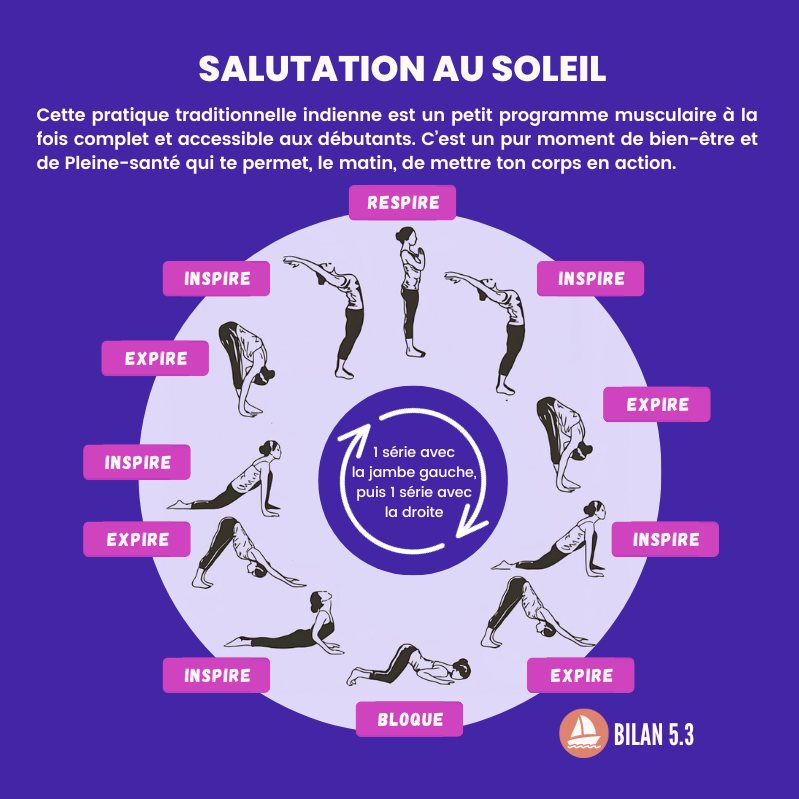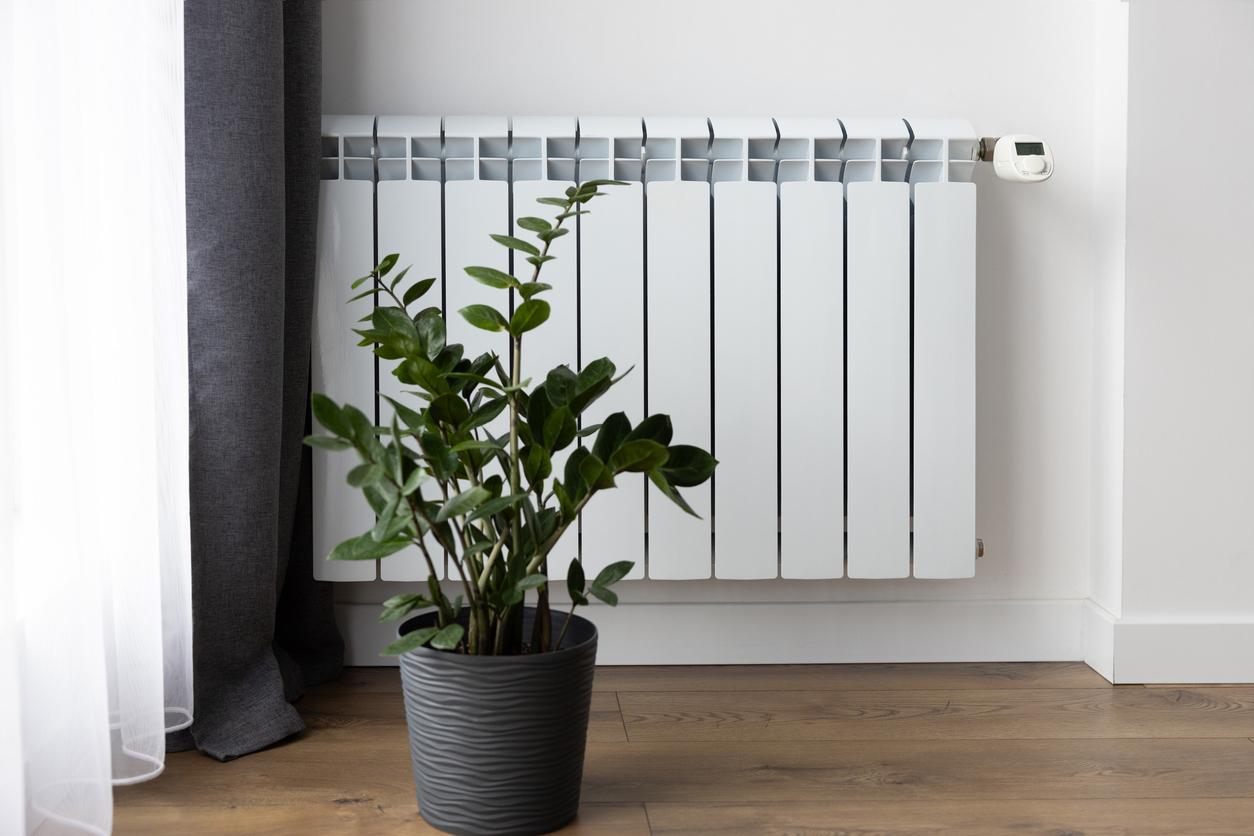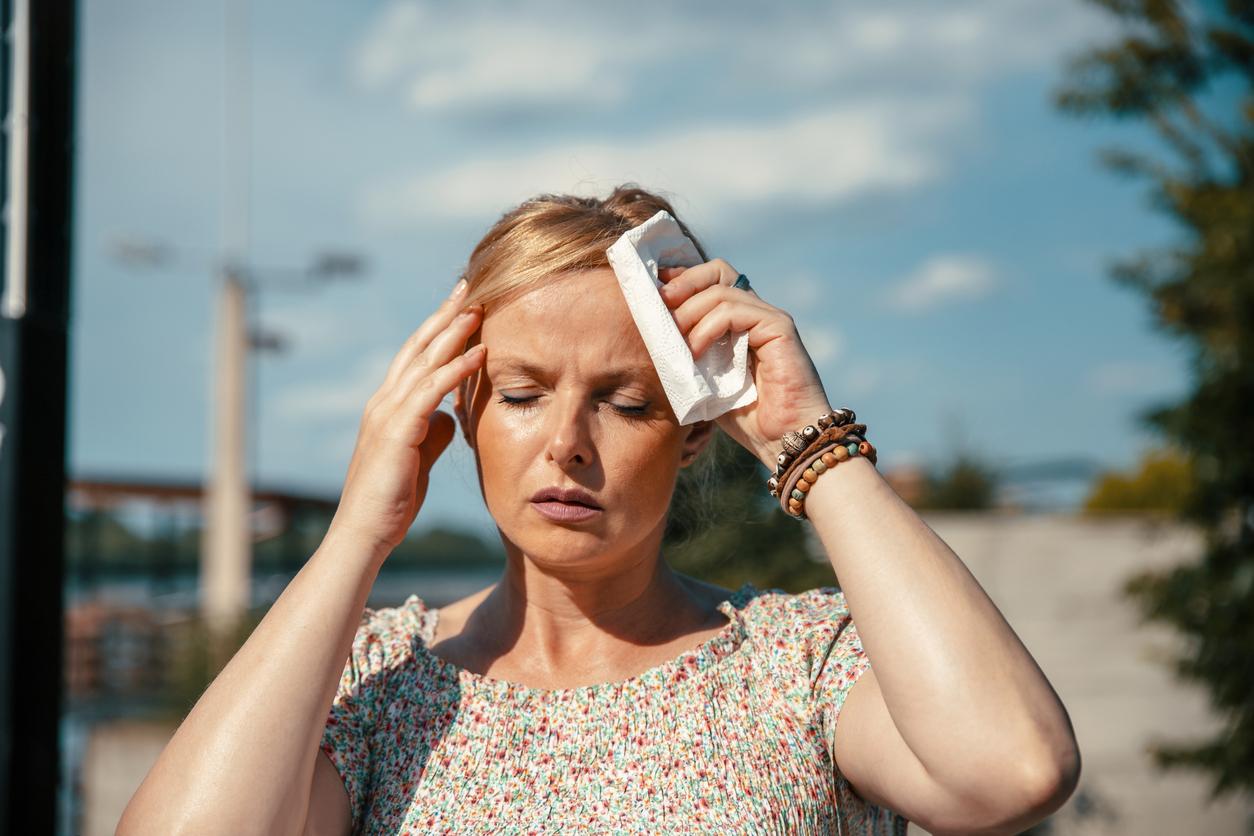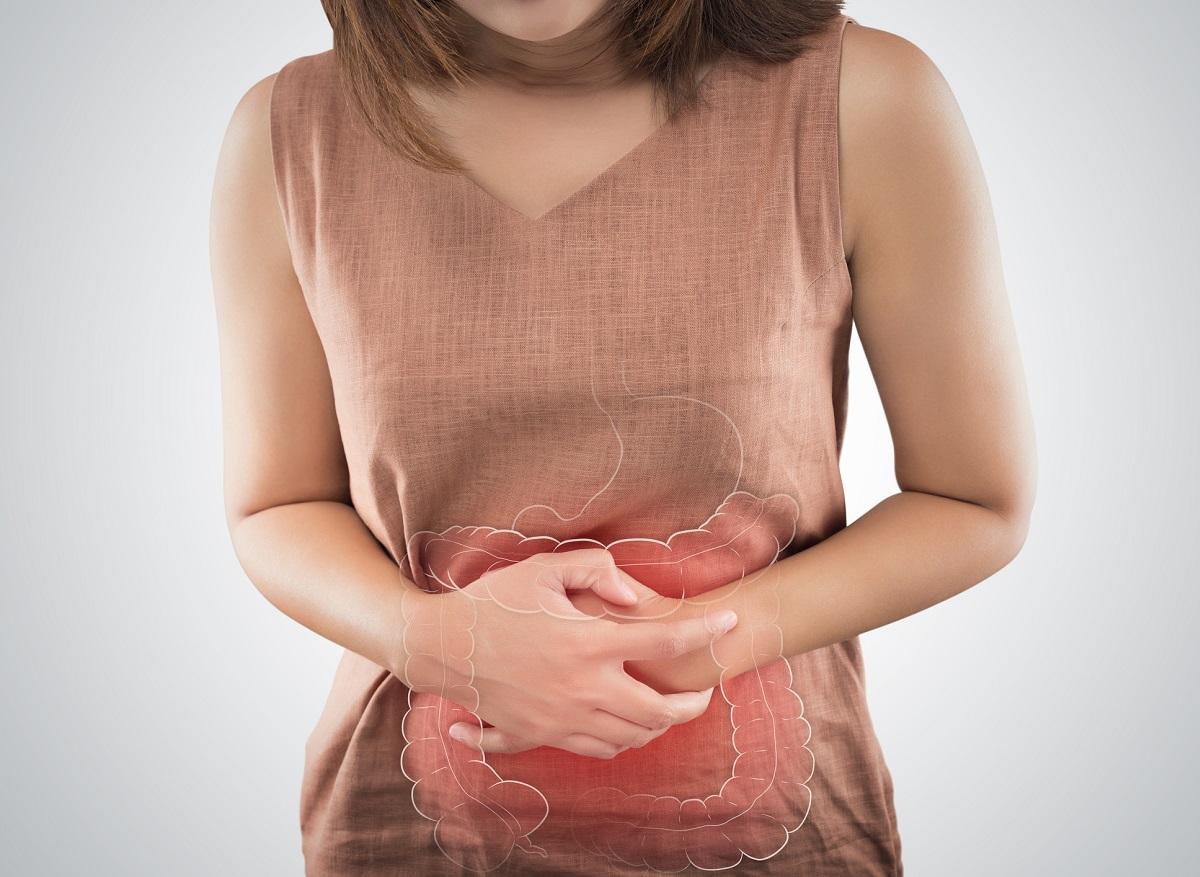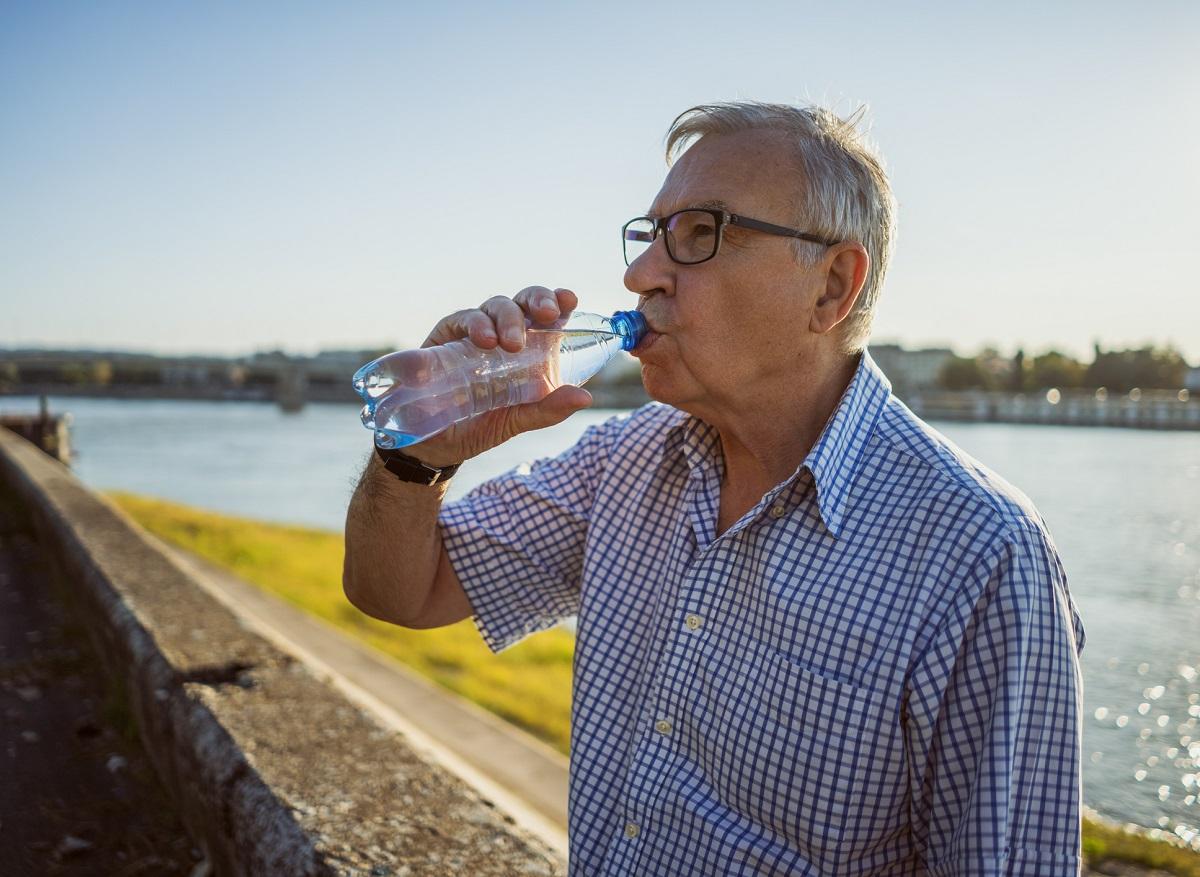Temperatures will reach up to 37 degrees this week in parts of France. Level 3 of the heat wave plan has been activated in Ile-de-France. How to effectively protect yourself from hot weather?
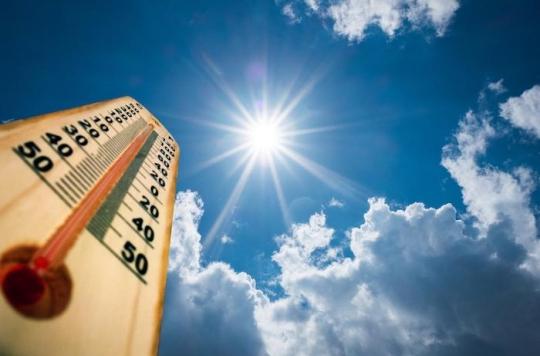
High temperatures are announced this week across the country with a mercury approaching 35 to 37 degrees in some regions. Level 3 of the heat wave plan has been activated in Ile-de-France. As the Weather Channel, “the establishment of this level is justified by the discomfort created by the lasting heat and the pollution peak, even if the heat wave thresholds will be approached in Ile-de-France, or barely reached in Paris”.
Up to 37 degrees in the South East
Meteo France announces indeed “minimum temperatures generally varying from 15 to 20 degrees, 21 to 23 degrees on the Mediterranean rim; and maximums often exceeding 30 degrees, from 30 to 34 degrees over 3/4 of the country, 21 to 27 near de la Manche and on the Breton point, and climbing to 35/36 degrees on the lower valley of the Rhône, Provence, and locally in Languedoc-Roussillon “. Precisely, the temperature will exceed 30 degrees in Auvergne-Rhône-Alpes, Burgundy, in the Grand-Est as well as in Ile-de-France and New Aquitaine. On Wednesday, it will also be 30 degrees over almost the entire country, up to 34/35 between Perpignan and Montpellier, and 37 degrees in the South-East.
Ile-de-France and #Paris : level 3 of the plan #heat wave has been triggered. Info here: https://t.co/PYj2sMGhhk pic.twitter.com/UUZZ2yvtcn
– The Weather Channel (@lachainemeteo) July 24, 2018
In 2003, the heatwave killed 70,000 people in Europe, including 20,000 deaths in France alone. Between 2004 and 2014, 196 heat waves were identified at the departmental level. An excess mortality of less than 10% was observed for the majority of them, but an excess mortality of nearly 40% was noted for other heat waves.
Their total impact is significant: 1,562 deaths over all the periods in which the thresholds are exceeded, the majority having been observed in 2006. “In the coming years, the increase in heat waves, which seems inevitable, encourages prevention to be taken into account. as part of a broader approach to adapting to climate change, ”notes Public Health France analyst Vérène Wagner.
The heatwave and the senior citizens
Like infants, our elders are more easily victims of dehydration, with consequences that can be fatal. The older people are, the more their “water reserve” decreases. If the average amount of water contained in an adult organism is 65%, after 60 years its total body water content is only 52% in men and 46% in women. In addition, with age, difficulty in drinking or accessing drinks due to mobility problems, visual disturbances, comprehension and communication are also important factors in terms of risk of dehydration.
The importance of hydration
We must therefore constantly educate the elderly on the need to drink water, even if they do not feel thirsty. It is also important to create rituals during the day: a glass of water at sunrise and bedtime, a passage every hour in the event of a heat wave, and a small capacity bottle of water on you to facilitate transport. .
For the rest of the population, it is also advisable to hydrate yourself well, to wet your body and ventilate it, not to drink alcohol, to eat enough, to keep your house cool by closing the daytime shutters. like at night and not to exercise. If ever the exposure to heat and sun is forced, as when working outdoors, it is imperative to protect the head with a hat and the skin with sunscreen. Any discomfort should cause the activity to stop.
How to do above 38 ° C?
On average, we recommend 30 ml of water per kilogram of body weight, i.e. 1 liter to 1.5 liters of water, to which is added the water from foods such as fruits and vegetables (which provide on average 1 liter of water). water per day). To this, we must add half a liter more per day, for each degree above 38 ° C. This can be done with water rich in sodium, salted broth, vegetable soup or fruit juices (which provide potassium).
The first signs of dehydration are subtle, apart from thirst. There is usually restlessness, more sunken eyes, a feeling of dry mouth. Severe dehydration presents more symptoms: dry, cold skin, which lacks flexibility (a fold forms and is maintained when the skin is lightly pinched between two fingers); headache, dizziness, faintness, lethargy; increased heart rate; weakness or apathy, or conversely agitation. In infants, we also observe: moaning; a less responsive baby, difficult to wake up; dark circles under the eyes; rapid breathing.
.







